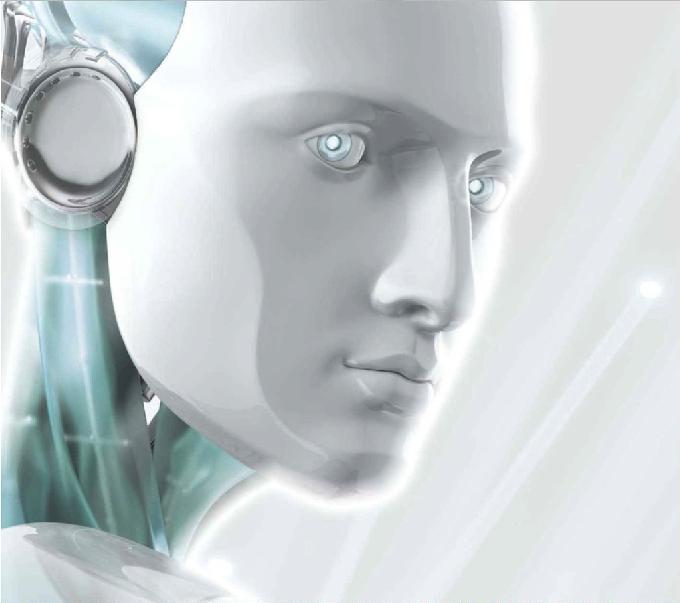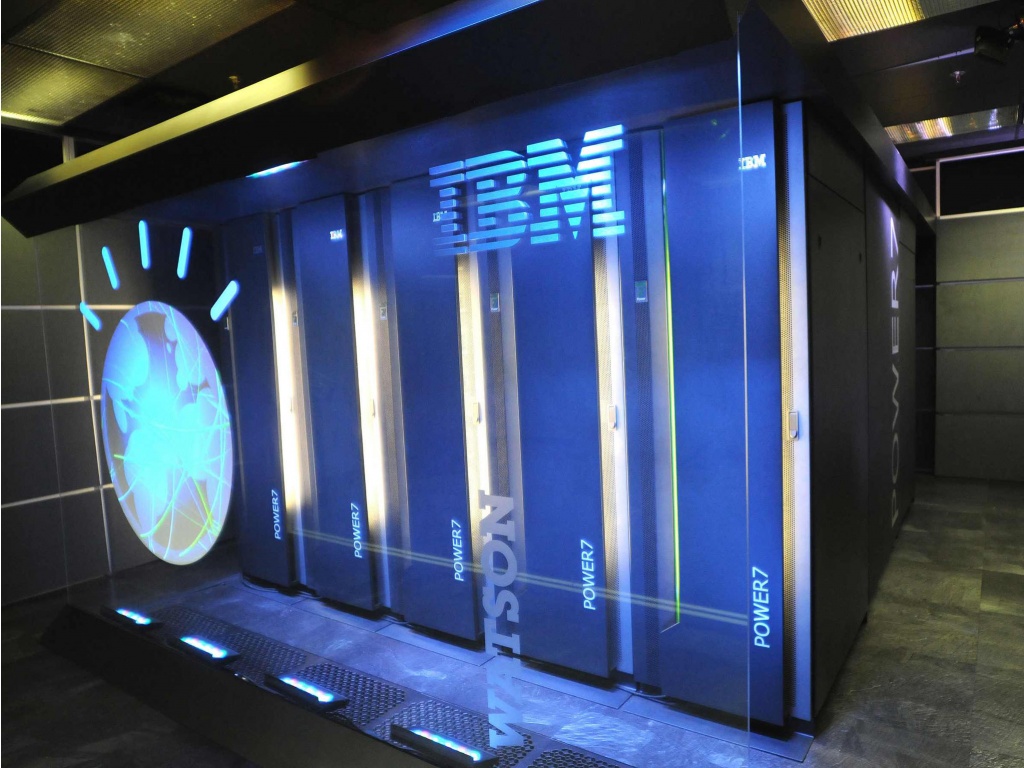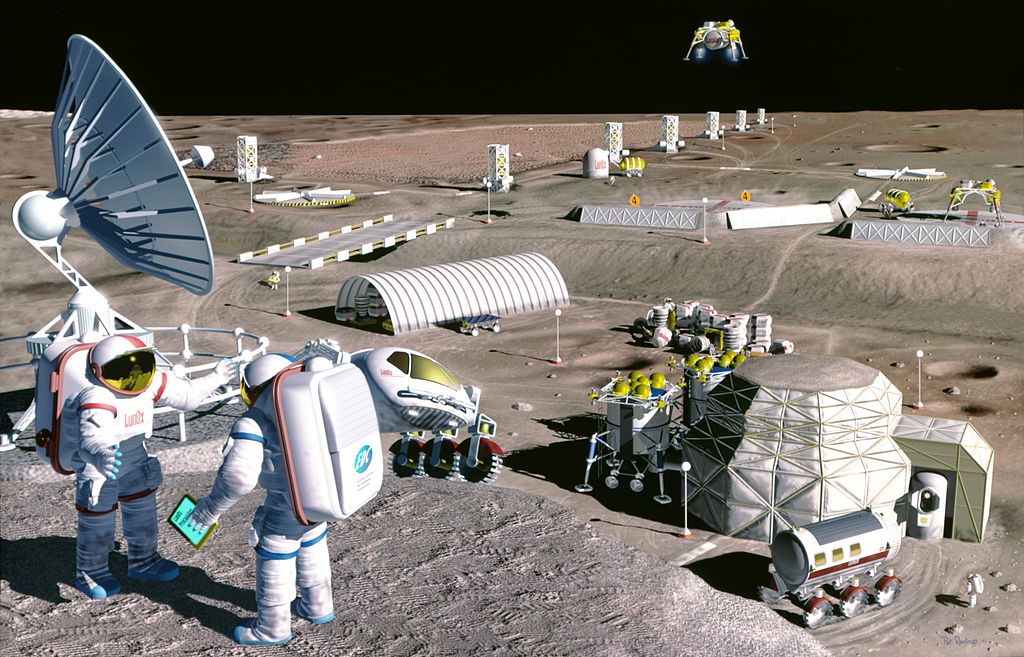The Obama administration, US Congress and business leaders have been talking about the need to ease immigration restrictions for highly skilled entrepreneurs and engineers. A new bill is now before congress and is expected to be attached to the Immigration Reform Act. The Wall Street Journal (WSJ) reports:
“The Startup Act 3.0, a bipartisan Senate bill expected to be introduced this week, aims to get 75,000 new “entrepreneur visas” every year to founders who raise $100,000 for new ventures that hire at least two employees within a year and at least five in the following three years.
The measure also would create 50,000 visas per year for foreign students who graduate from U.S. universities with advanced degrees in science, technology, engineering or mathematics, and spend at least five years pursuing careers in those fields.”
Due to the reported shortage of skilled workers the US economy could benefit as these workers generate new products and wealth and help pull the economy out of its tepid growth. The startup act will grant permanent resident status for any immigrant with an advanced degree in a STEM field and actively engaged in STEM related work. As the bill currently stands an immigrant entrepreneur is defined as an Alien who is lawfully present in the United States, registers at least one new business entity and employees at least two unrelated four-time employees and invests or raises capital investment of not less than $100,000.
Example of Successful Immigrants
IndustryTap recently wrote an article about Elon Musk of South Africa whose childhood dream was to come and work in the United States. In less than a decade he became a billionaire and is helping NASA through his company, SpaceX, green energy through the largest US solar company, SolarCity, and in the financial markets where his creation called PayPal has revolutionized online payments.
This is only one example in the long list of foreigners who’ve come to the US and made it better. This isn’t to say it’s easy; an estimated 90% of new startups fail within a few years. The following chart is called the “Immigration Roadmap”. Click on the image to download .pdf version:
Immigration Getting Easier or Harder?
After 9/11 many foreign workers that had Work Visas in the US found it very difficult to renew their visas. Analysts have said if the program can be instituted without too much red tape the benefits to all Americans will be significant.
Some observers are guardedly optimistic, including Vivek Wadhwa, a professor at Singularity University:
“It isn’t the big research labs or governments who are creating these breakthroughs, it’s our entrepreneurs. And immigrants are leading the charge. During the recent technology boom, 52% of Silicon Valley’s startups were founded by people born abroad. Look at any of our research labs: Immigrants perform much of the cutting-edge research.
Sadly, our flawed immigration policies are hurting innovation and may slow America’s rebound. Research by my team revealed that immigrant entrepreneurship in Silicon Valley has declined. Immigrants are getting frustrated with America’s immigration policies and leaving the country in droves. This is not only a loss for the U.S. — it’s a loss for the world. No other land is as fertile for innovation and entrepreneurship as the U.S.—yet. If we don’t fix our flawed policies, another country will surely surpass us. Our entrepreneurs will be competing with their former colleagues and classmates.”
In future IndustryTap articles on Labor, Employment & STEM
The world seems to be awash in robot technology and there is a real fear that eventually there will be no jobs for people. There is an interesting and lively debate on this and related topics. Some commentators believe giving repetitive work to robots will leave open vast fields of science and technology that require the unique gifts that humans bring to work not the least of which is creativity and imagination.





